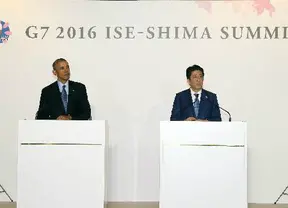
As leaders of the seven major advanced economies gather here Thursday for the G7 summit, ambitions are running high for "guiding the world."
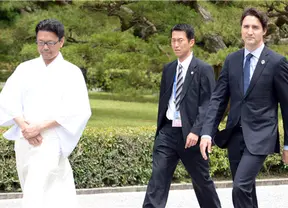
While leaders of the Group of Seven (G7) industrialized countries are gathering here for a summit meeting to tackle global economic uncertainties, there seems to be no much optimism for reaching practical solutions at the discussion table.

Confronted with a prolonged slowdown, China is pinning hopes on a growing middle class to help the economy hold up against headwinds and transition to a consumption-led growth model.
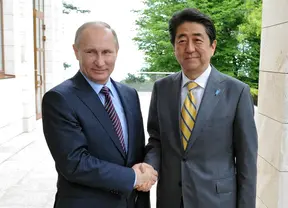
A foreign policy adviser to Russian President Vladimir Putin said Tuesday that Japan’s economic cooperation with Russia and progress in the two countries’ long-standing territorial dispute are totally unrelated, Russia’s Interfax news agency reported.
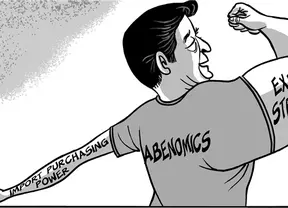
The Abenomics, which started off with much fanfare, has seen its worshippers dwindling and confidence in Japan's economic future fell dramatically, said an Australian economic expert.

Mr. Clinton’s more emotive style appears to resonate with blue-collar voters in ways Mrs. Clinton’s has not. Some 55 percent of voters nationwide said they do not believe Mrs. Clinton “cares about people like me,” according to a Quinnipiac poll conducted in February.
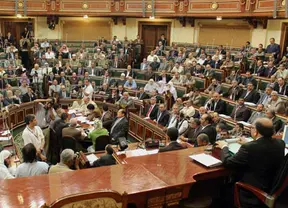
A recent survey of 100 Arab thought leaders conducted by the Carnegie Endowment for International Peace revealed a sweeping consensus about what underlies many of the region’s problems: a lack of good governance.
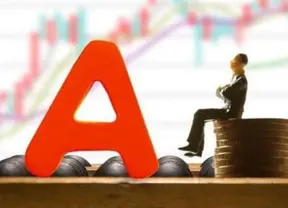
The L-shaped economic trend in China will last for a certain period and will not end in just one or two years, indicated by an “authoritative figure” in an interview of the People’s Daily in May.
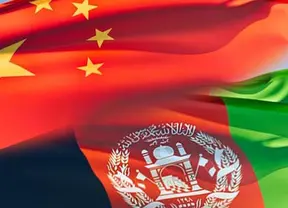
China has once again reiterated its support for Afghanistan and in a joint seminar on “One Road One Belt” where senior Afghan officials and the Chinese Ambassador to Afghanistan, Yao Jing, participated, it was revealed that the two countries may sign agreements on security and economic cooperation in near future under the initiative of One Road One Belt.

An “authoritative source” recently explicitly claimed that China’s economic trend will be “L-shaped”, rather than “U-shaped”, and definitely not “V-shaped”. The “L-shaped” economic trend will last for a certain period and will not end in just one or two years. What economic signals are sent then?
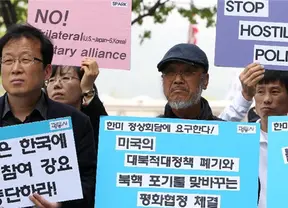
As the Democratic People's Republic of Korea (DPRK) marked a milestone by rolling out an economic blueprint aimed at kick-starting its economy, Pyongyang and Washington should work together to pave the way for the denuclearization of the Korean Peninsula.
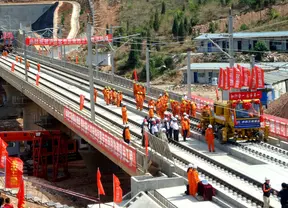
While economic indicators offer some hope, structural problems have thrown up barriers on China's road toward a solid recovery.

The 7th Congress of the Cuban Communist Party (PCC) closed on Tuesday, setting the country on a path of profound economic and social reforms by 2021 amid a leadership transition.
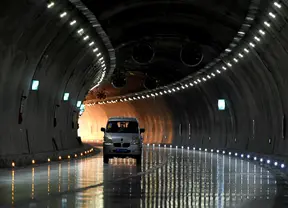
The Chinese economy was off to a good start in the first quarter, with the real economy gaining momentum thanks to previous policy stimulus and ongoing economic rebalancing.
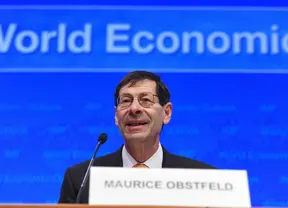
The International Monetary Fund (IMF) on Tuesday raised its forecast for China's economic growth in the near term and believes that a successful rebalancing of its economy is likely, which signals global confidence in China's economic outlook.
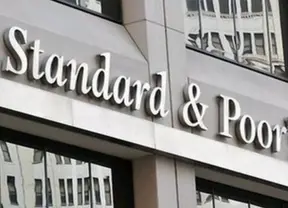
China on Friday dismissed the decision by ratings agency Standard Poor's (S P) to lower its outlook on China, and urged the agency to make "objective judgement."